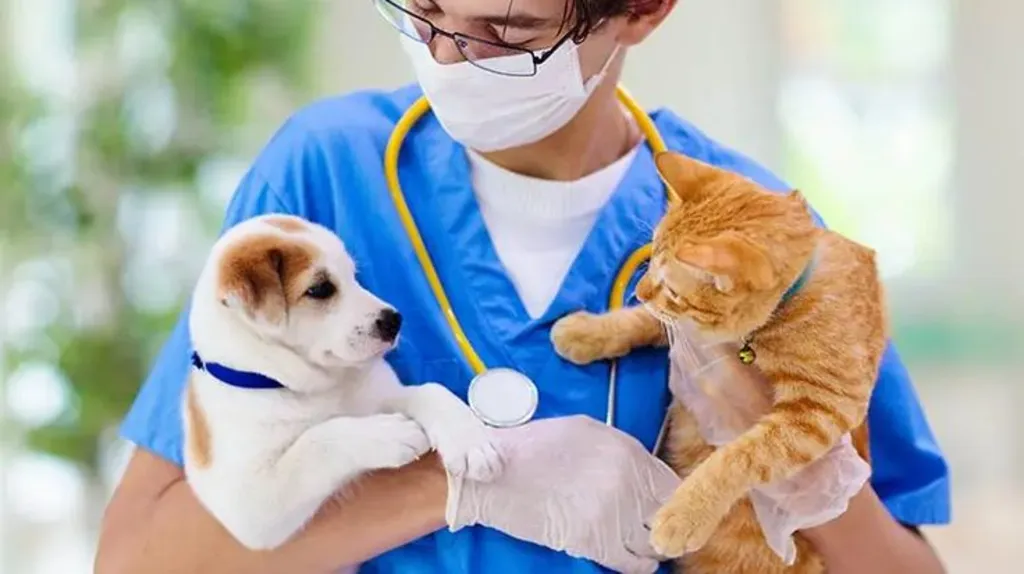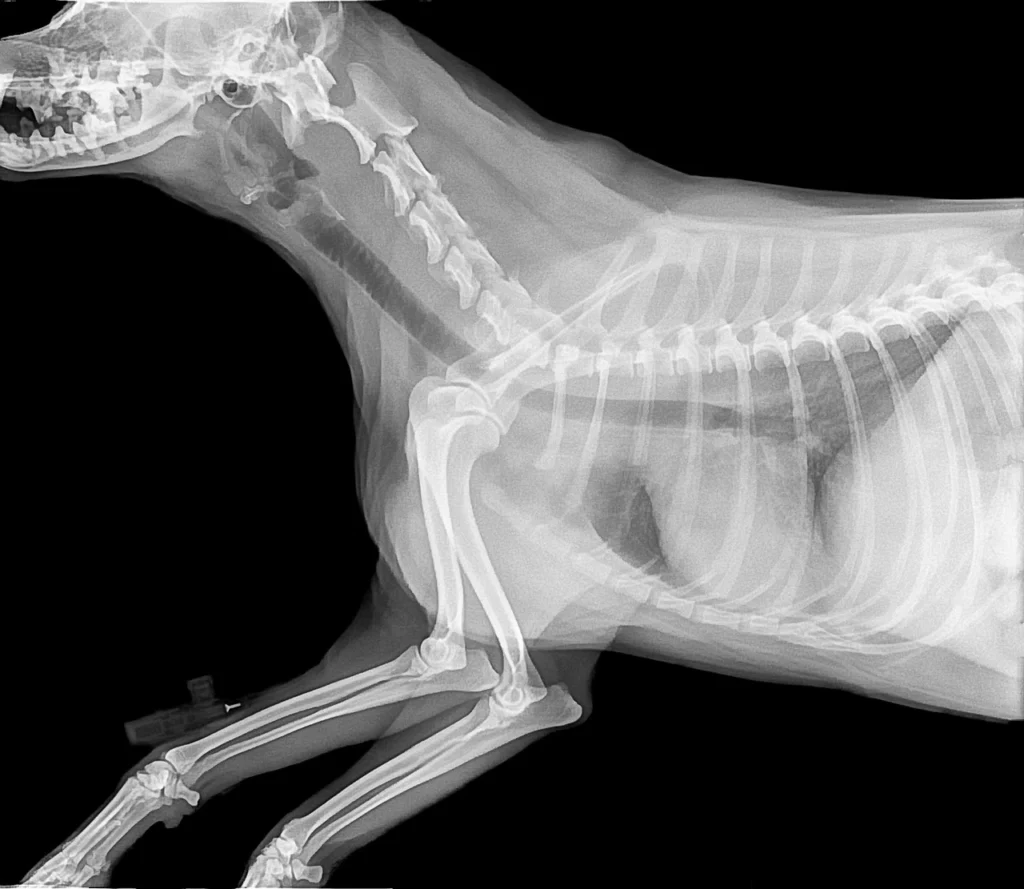Emergency Pet Care: Save Your Pet’s Life in Time

Every pet parent wishes their furry friends the best of health and safety. It is impossible to predict the future, however. Emergencies can happen at anytime — and that’s why emergency pet care is something every pet owner must understand. It’s important to know what to do in the first few minutes to save your pet’s life, regardless of whether it’s an injury, illness, or poisoning.
Everything you need to know about emergency pet care is covered in this guide. A care package includes everything. Among the topics covered are how to recognize a crisis, what to do before reaching the vet, and how to keep your pet from becoming ill again.
How does emergency pet care work?
Emergency pet care refers to immediate medical help for pets in critical conditions. There is a combination of quick first aid at home and professional treatment at animal hospitals. As soon as a life-threatening situation arises, it must be handled promptly so that it does not worsen.
Emergency Pet Care Signs
Health issues do not always need to be addressed immediately. It is clear, however, that some symptoms indicate you should take your pet to the vet right now!” The following symptoms indicate it’s time for a vet visit:
1. Breathing problems.
You should be concerned if your pet gasps, wheezes, or breathes quickly.
2. Bleeding without control.
It could be a sign of serious injury if blood does not stop after five minutes.
3. Seizures or collapses suddenly
When your pet has seizures or faints, it is essential that you seek emergency care for him or her immediately.
4. Inflammation of the abdomen.
There is a possibility of internal bleeding or bloating, two potentially life-threatening conditions.
5. Poisoning
It is important to seek immediate medical attention if you ingest toxic foods like chocolate, grapes, or cleaning products.
6. Vomiting or diarrhea with blood
Blood is a sign that you need medical attention immediately.

Common Emergency Situations with Pets
Knowing what can happen wrong helps you prepare better. Here are the top emergencies that require emergency pet care:
Bruising and wounds
It is common for dogs to get cuts during walks, and cats to fight. The wound should be pressured and the patient should be taken to the hospital immediately.
Heatstroke
It is possible for pets left in a car or outside in hot weather to overheat quickly. A patient may be panting heavily and drooling excessively.
Broken Bones
It is common for bones to break in accidents. It is important not to move the pet too much, and it should be taken to the clinic as soon as possible.
Choking
Make sure all visible objects are removed gently. In that case, you should consult a veterinarian.
Snake Bites
Anti-venom should be administered as soon as possible if your pet experiences swelling, vomiting, and pain near the bite site.
First Aid Tips for Emergency Pet Care
If you are unable to take your pet to the vet, take care of your pet as much as you can at home.
1. Create a Pet First Aid Kit
Your kit should include:
-
Dressings made from gauze and bandages
-
Tweezers
-
In the case of vomiting, only hydrogen peroxide should be used as prescribed by a veterinarian
-
Thermometer
-
Contact information for emergencies
2. Stay calm.
There is a possibility that pets can sense panic. It is important to speak softly and move gently.
3. Control bleeding.
Five to ten minutes of pressure can be achieved by using a clean cloth or gauze.
4. Perform CPR if needed.
If your pet isn’t breathing and has no heartbeat, perform CPR. Gently push it on the chest and blow air into the nose every few seconds.
How to Handle Poisoning Cases
Poisoning is one of the most serious reasons for emergency pet care.
What to do:
-
Check the item they swallowed.
-
Please don’t make them vomit unless a vet says so.
-
Call poison control or the vet immediately.
-
Keep the vet’s product label handy.
Emergency Pet Care at Night or the Holidays
Emergencies don’t check the clock. Always know the location of:
-
24/7 animal hospitals
-
Emergency contact numbers
-
After-hours vet services
Having this information can save you time.
How Vets Provide Emergency Pet Care
Veterinarians follow a fast, life-saving plan:
-
Triage – They check vital signs to decide which pet needs help first.
-
Diagnostics – Blood tests, X-rays, or ultrasound might help find the problem.
-
Treatment can include surgery, IV fluids, oxygen, or medication.
-
Monitoring – Critical pets are observed closely for hours or days.

Preventing Emergency Pet Care Situations
Not all emergency are avoidable, but you can lower the risks.
1. Make sure harmful items are kept away from the house
Chocolate, onions, and caffeine should be stored in a locked cupboard.
2. Visiting the veterinarian regularly
By performing routine checkups, hidden problems can be detected as early as possible.
3. Safe walking practices
Keeping your dog on a leash and avoiding off-leash areas near traffic is important.
4. Supervise outdoor time.
It is a good idea not to let your pet roam unsupervised.
5. Protect your home from pets
Wires should be secure, sharp objects should be avoided, and toxic plants should be avoided.
Pet insurance for Emergency Pet Care
Vet bills during emergency can go up fast. Pet insurance eases the burden.
-
Accidents and emergency coverage are important to look for when choosing a plan.
-
Making sure the premiums and coverage limit are correct.
-
It is important to understand what is excluded (pre-existing issues, etc.).
Emergency Pet Care for Different Animals
There are many types of pets besides dogs and cats. There is also a need to care for rabbits, birds, reptiles, and other animals.
Rabbits
The body is very sensitive to heat. It is a big problem when a person goes silent or refuses to eat suddenly.
Birds
A bird that has fluffed feathers, is sitting still, or has fallen off its perch needs immediate attention.
Reptiles
Symptoms such as cold bodies, unresponsive behavior, and lack of appetite can indicate a health problem.
Whenever you have an exotic animal problem, contact a vet who specializes in treating them.
Build an Emergency Plan for Your Pet
The following steps will help you follow the plan:
-
The location of nearby clinics and emergency contacts should be listed.
-
Make sure the door is always stocked with a carrier.
-
Make family members aware of the importance of reacting quickly.
-
You should have a printed info sheet about your pet’s medical history.
Veterinarian Emergency Information:
Give clear and quick details:
-
Do you know what happened?
-
Can you tell me when it happened?
-
How do you know what signs to look for?
-
Is this something that has happened before?
Veterinarians are able to act quickly with clear information.

Conclusion
We don’t want to think about emergency pet care, but every pet owner should prepare for it. Pets are like family, and when a crisis hits, every second is critical. Whether it’s a sudden injury, poisoning, choking, or illness, knowing how to react can make the difference between recovery and heartbreak.
Start by keeping an updated list of emergency contacts, including your vet, the nearest 24/7 animal hospital, and poison control. Post it somewhere easy to find, like your fridge or phone notes. Also, have a pet first-aid kit ready. This simple step can buy you precious time before professional help is available.
Train everyone in the house, including kids, to recognize warning signs like heavy breathing, loss of balance, or bleeding. Talk about who will drive, who will carry the pet, and who will call the vet. A clear plan can reduce panic.
Remember not to store medical records in one place. Vets need quick access to your pet’s health history in emergencies.
Emergency pet care isn’t just for vets. It’s a shared responsibility. When you act fast and stay calm, you give your furry friend the best chance to survive—and thrive. Your quick thinking truly can save a life.
FAQs
1. What should I do first in a pet emergency?
Stay calm, check for breathing, control bleeding, and call the vet immediately.
2. Can I use human medicine for my pet in an emergency?
No, never give human medicine without vet approval. It can make things worse.
3. How do I know if my pet ate something toxic?
Signs include vomiting, shaking, drooling, or acting tired. Call the vet fast.
4. Should I take my pet to the emergency clinic for every issue?
If the problem seems serious, minor issues can wait for your regular vet.
5. How much does emergency pet care cost?
Depending on the issue, it can range from $100 to $2000. Pet insurance helps a lot.

















Recent Comments